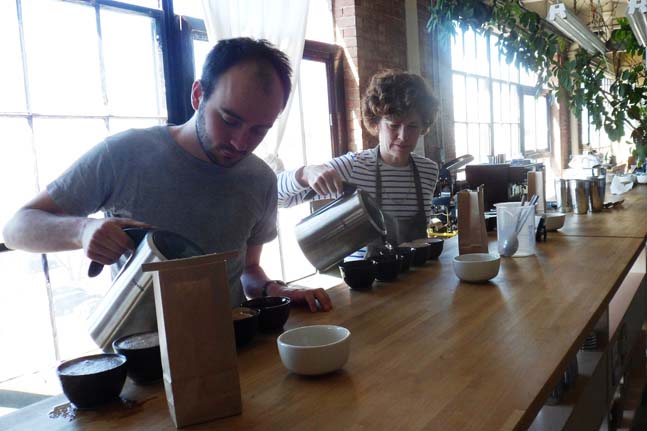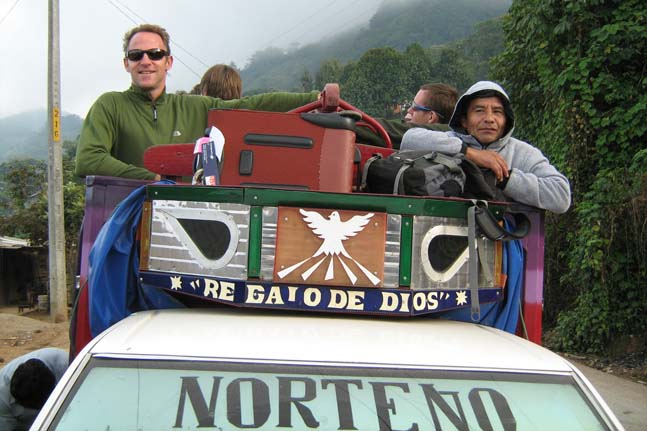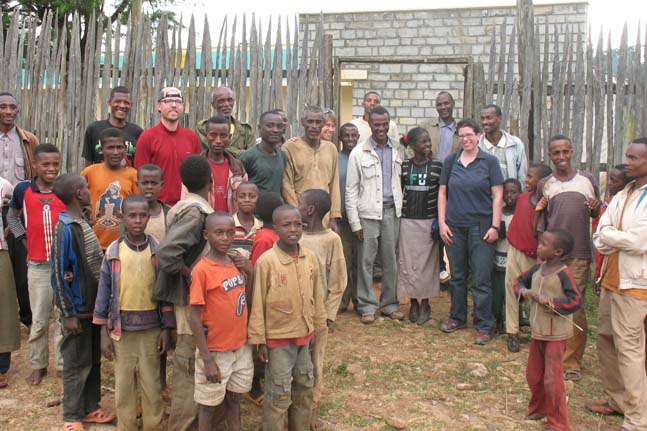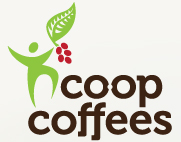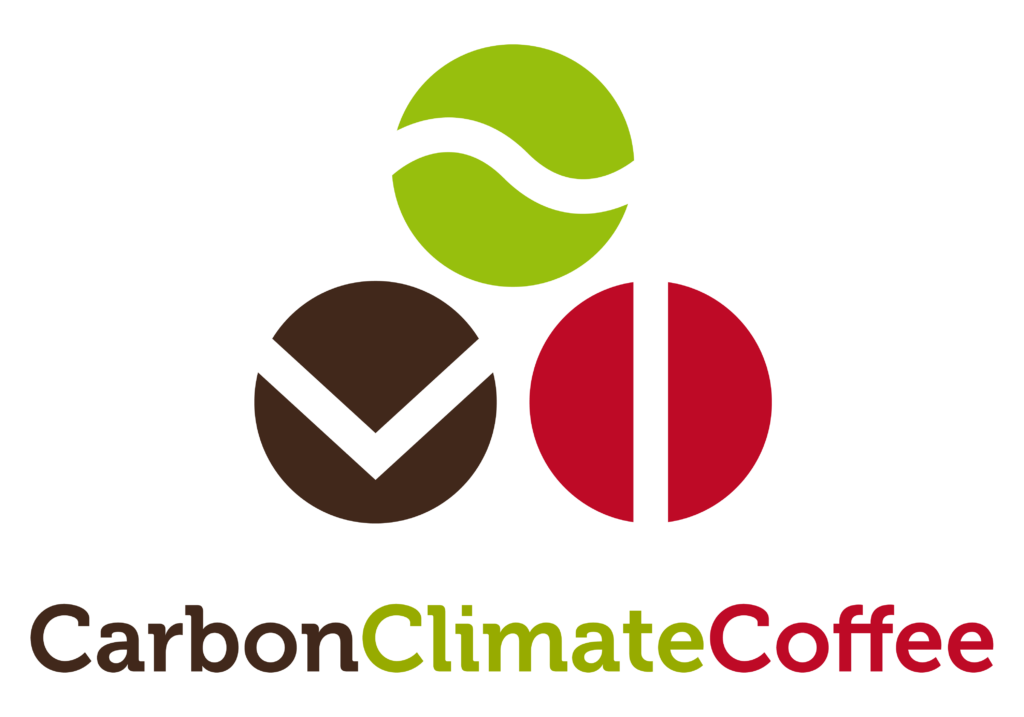article by Ian Hussey
edited by Melanie Torrie
Millions of people around the world consume at least one Fair Trade product every day (for me, it’s coffee and dark chocolate). Many consumers wonder if Fair Trade makes a difference in producers’ lives. To sum up the last ten years of social science research on the impact of Fair Trade: small farmer Fair Trade works1 and plantation Fair Trade doesn’t2. Why is that?
Small Farmer Coffee vs. Plantation Tea
Let’s focus on two popular Fair Trade certified products: coffee and tea. Most Fair Trade coffee comes from Central and South America, while most Fair Trade tea comes from Asia. Fairtrade International (FTI) runs the global certification system3. In this system, all the coffee is produced by small farmer cooperatives, while the tea is produced by small farmer cooperatives and by plantations. Of the 1.34 million producers in the FTI system, about 80% are small farmers. Globally, coffee is the most popular Fair Trade product. Coffee sales account for 75% of the annual sales of Fair Trade certified products in the US, while Fair Trade certified tea is more popular in Europe.
Social scientists generally agree that small farmer Fair Trade coffee results in the following benefits for participating farmers: “higher household incomes and lower rates of indebtedness, greater food security, improved housing, higher rates of educational attainment, and greater use of environmentally sound agricultural practices”4. It has been found that when small coffee farmers organize into cooperatives, they stand a better chance of gaining access to international markets and getting higher prices for their coffee. The social premiums the cooperatives earn on top of the price paid for the beans is most often used to improve the quality of the farmers’ produce, but the farmers also use some of the premium money for community health and education initiatives.
By contrast, two recent studies on Fair Trade plantation tea – one by anthropologist Sarah Besky, the other by Oxfam and Ethical Tea Partnership – found that Fair Trade does little to better the lives of workers on tea plantations. In response to the Oxfam and Ethical Tea Partnership study, FTI admitted that “Fairtrade alone has limited power to raise sector wages, as they are often negotiated at industry and country/regional level”5. Not only does the certification of plantations fail to deliver higher wages for workers, the certification of plantations often undercuts local labor organizing by shifting the regulation of workers’ rights beyond the purview of national governments and into the transnational realm of market-driven certification6.
So Fair Trade certification is a “soft option” for plantation owners, which capitalists may use in their attempts to stymie calls for more meaningful reform7. Plantation owners also often use various methods of intimidation to blunt labor organizing efforts and collective bargaining. Actors across the Fair Trade movement agree that plantation workers must be protected, but some movement members think that the International Labour Organization and ministries of national governments are better situated to protect plantation workers.
The Fair Trade USA Split from Fairtrade International
Fair Trade USA8 (FTUSA) split from Fairtrade International’s (FTI’s) federation of national certification organizations in 2011. One of the reasons FTUSA went rogue is because they wanted to open up the certification of coffee, cocoa and sugar to plantation production, which is not allowed in the FTI system. This move by FTUSA will benefit transnational corporations, such as Starbucks and Keurig Green Mountain, more than it will benefit small farmers. Pleasing transnational corporations, rather than producers, means more money for FTUSA through licensee fees. Another major difference between FTUSA and FTI is the democratic representatives of small farmers and of plantation workers have voting power in FTI, but they can only participate in FTUSA as non-voting advisors. FTUSA made the major decision to split from FTI and to expand plantation production without consulting the three regional producer networks (Latin America and the Caribbean, Africa and the Middle East, Asia and the Pacific). The producer networks have since declared this manoeuvre to be against their interests.
On top of ignoring all the evidence that Fair Trade certification for plantations not only does not work but also undermines local union organizing, FTUSA’s move to open up the certification of coffee plantations also ignores the differences in labor inputs needed to produce coffee versus other agricultural products like tea, bananas and flowers. The latter require tending year-round with regular tasks completed by a sizeable permanent workforce. The workers for these crops tend to live on or near the plantations, so the workforce and their families comprise a community that can benefit from Fair Trade social premiums. By contrast, hired laborers on coffee plantations are mostly seasonal, migrant workers who do not return to the same plantation every year, so it is difficult to ensure that the benefits associated with Fair Trade premium payments reach the transient workforce that earned them. It will also be difficult to unionize these workers or for them to participate in democratic decision-making because the plantations only employ them for a few months during the harvest.
Fair Trade coffee cooperatives believe they will be crowded out by FTUSA’s new promoting bodies that link coffee plantations and unorganized small farmers to the US market. The promoting bodies have a competitive advantage over the cooperatives because the promoting bodies do not need to operate democratically or to commit to community development processes. On top of these disadvantages, transnational corporations try to buy cooperative members’ coffee before it is handed over to their cooperative because of the years of work and investments the cooperatives have made to increase product quality. The major advantage the cooperatives had over the corporate buyers in years past was their access to Fair Trade premiums, but in FTUSA’s new scheme the promoting bodies will also receive premiums for the commodities they sell. The result is the cooperatives may now lose the competition for the loyalty of their members more than they have in the past.
Supporting small farmer Fair Trade is not just about ensuring more market access for small farmer cooperatives, although that is important. The political motivation for small farmer Fair Trade is about the means of production: small farmer Fair Trade is a political movement rooted in land redistribution. Moving away from individually owned plantations makes life more viable for small farmers, their families and communities in a system built for oligarchy.
The Proliferation of Fair Trade Labels is Confusing for Consumers
In the last three years, Fairtrade America9 has been established as the US-based national certifier in FTI’s international federation. Sales through FTUSA’s “Fair Trade for All” scheme are about 20 times the size of sales through Fairtrade America. The Small Producers’ Symbol is another certification system that has begun operating in the last few years; it is run by and for organized small farmers10. There are several other forms of “ethical” or “sustainable” coffee being certified in the US. The net result is many coffee consumers are confused by the competing claims made by these institutions. At this point, the best advice one can give coffee consumers concerned about ethics is try to either buy from a local craft roaster who you can establish a relationship of trust with based on an open dialogue or buy from a national brand like Equal Exchange11 who buy their products from cooperatives of small farmers.
Author Bio: Ian Hussey is a PhD student in Sociology at York University in Toronto. His PhD dissertation is on Fair Trade certification. Most of his publications can be download from his webpage, https://yorku.academia.edu/IanHussey.
Editor Bio: Melanie is a graduate from a dual master program in International Business and Energy Economics, with a background in Finance and a passion for the developing world. She has lived and worked in four countries, and traveled to 30 more in the last four years. Her most recent interest is in editing and hopes to further develop that skill through courses and her work with the medes.
- Ronchi, Loraine. “The impact of fair trade on producers and their organisations: A case study with Coocafé in Costa Rica.” PRUS Working Paper No. 11. Brighton, UK: Poverty Research Unit at Sussex, 2002; Bacon, Christopher M. “Confronting the coffee crisis: can Fair Trade, organic, and specialty coffees reduce small-scale farmer vulnerability in Northern Nicaragua?” World Development 33, no. 3 (2005): 497-511; Utting-Chamorro, Karla. “Does Fair Trade make a difference? The case of small coffee producers in Nicaragua.” Development in Practice 15, no. 3/4 (2005): 584-599; Jaffee, Daniel. Brewing Justice: Fair Trade Coffee, Sustainability, and Survival. Berkeley: University of California Press, 2007; Ruben, Ruerd. (Ed.). The Impact of Fair Trade. Wagenigen, Netherlands: Wagenigen Academic Publishers, 2008; Bacon, Christopher M., V. Ernesto Méndez, María Eugenia Flores-Gómez, Douglas Stuart, Sandro Raúl Díaz-Flores. “Are sustainable coffee certifications enough to secure farmer livelihoods? The millenium development goals and Nicaragua’s fair trade cooperatives.” Globalizations 5, no. 2 (2008): 259-274; Lewis, Jessa and David Runsten. “Is Fair Trade-Organic Coffee Sustainable in the Face of Migration? Evidence from a Oaxacan Community.” Globalizations 5, no. 2 (2008): 275-290; Wilson, Bradley R. “Indebted to Fair Trade? Coffee and crisis in Nicaragua.” Geoforum 41 (2010): 84-92; Jaffee, Daniel. “Fair Trade and Development: A Changing Paradigm.” In The Politics of Fair Trade, edited by Meera Warrier, 87-104. London: Routledge, 2011. [↩]
- Besky, Sarah. “Colonial Pasts and Fair Trade Futures: Changing Modes of Production and Regulation on Darjeeling Tea Plantations.” In Fair Trade and Social Justice: Global Ethnographies, edited by Sarah Lyon and Mark Moberg, 97-122. New York: New York University Press, 2010; Ziegler, Catherine. Favored Flowers: Culture and Economy in a Global System. Durham, NC: Duke University Press, 2007. Ziegler, Catherine. “Fair Flowers: Environmental and Social Labeling in the Global Cut Flower Trade.” In Fair Trade and Social Justice: Global Ethnographies, edited by Sarah Lyon and Mark Moberg, 72-96. New York: New York University Press, 2010; Oxfam and Ethical Tea Partnership. “Understanding Wage Issues in the Tea Industry: Report from a multi-stakeholder project.” Utrecht: IDH – The Sustainable Trade Initiative, 2013; Cramer, Christopher, Deborah Johnston, Carlos Oya, and John Sender. “Fairtrade, Employment and Poverty Reduction in Ethiopia and Uganda.” London: Department for International Development, 2014. [↩]
- http://www.fairtrade.net/ [↩]
- Jaffee 2011: 90 [↩]
- Quoted in Oxfam and Ethical Tea Partnership 2013: 31 [↩]
- Besky, Sarah. “Can a Plantation be Fair? Paradoxes and Possibilities in Fair Trade Darjeeling Tea Certification.” Anthropology of Work Review 29, no. 1 (2008): 1-9. [↩]
- Hill, Corey. “Fair Trade USA’s Coffee Policy Comes Under Fire.” East Bay Express (Oakland, CA), April 25, 2012. [↩]
- http://fairtradeusa.org/ [↩]
- http://fairtradeamerica.org/ [↩]
- http://tusimbolo.org/ [↩]
- http://www.equalexchange.coop/ [↩]


